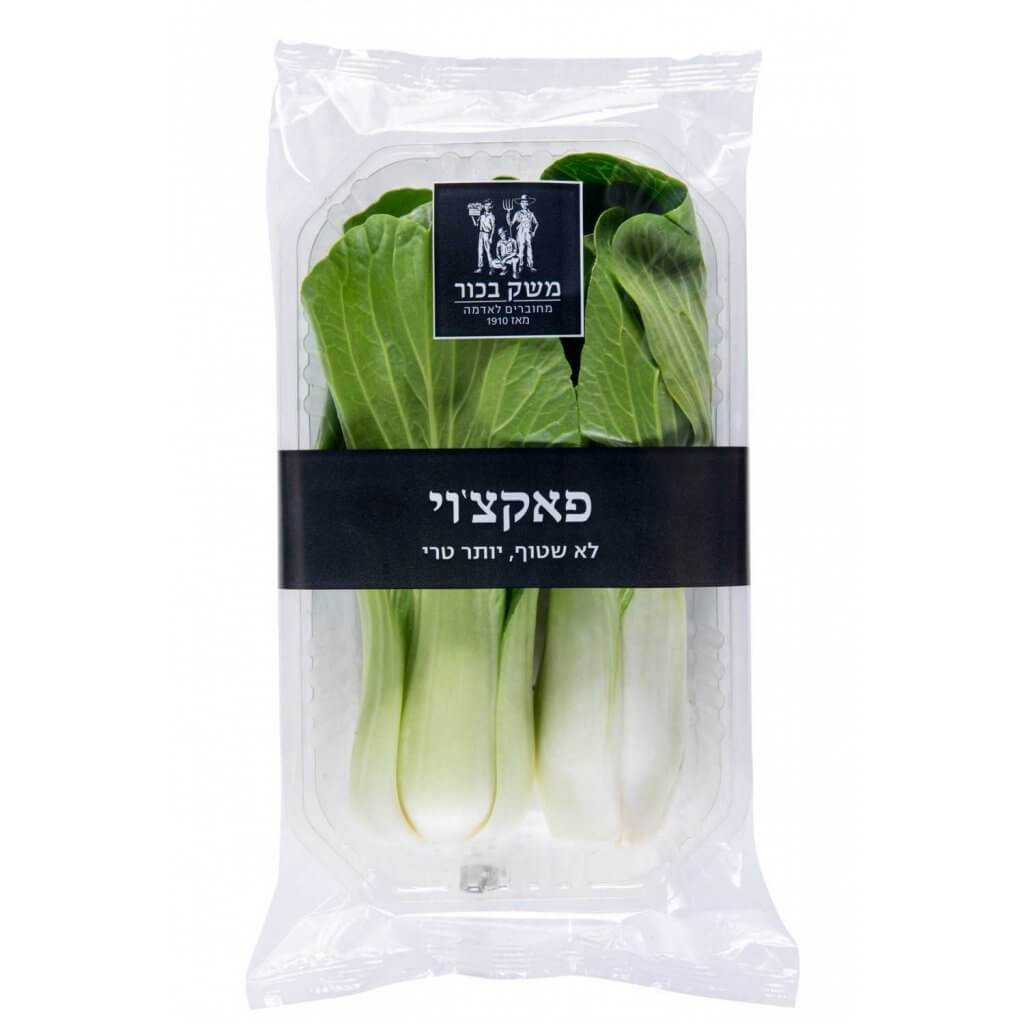
-
- Our Greens
- Recipes
- Articles WooCommerce not Found
- Newsletter
Home » Dinosaur kyle
| Calories (energy) 49 | Vitamin A (mcg) 500 |
| Protein (grams) 4.28 | Total Vitamin B (mg) 1.743 |
| Carbohydrate (grams) 8.75 | Folic-Vitamin B9 (mcg) 141 |
| fat (grams) 0.93 | Vitamin C (mg) 120 |
| Saturated fat(grams) 0.091 | Vitamin E (mg) 1.54 |
| Cholesterol (mg) 0 | Vitamin K (mcg) 704.8 |
| Sodium (ml) 38 | Calcium (mg) 150 |
| Dietary fiber (grams) 3.6 | Iron (mg) 1.47 |
| Water (grams) 80.04 | potassium 491 |
More Greens